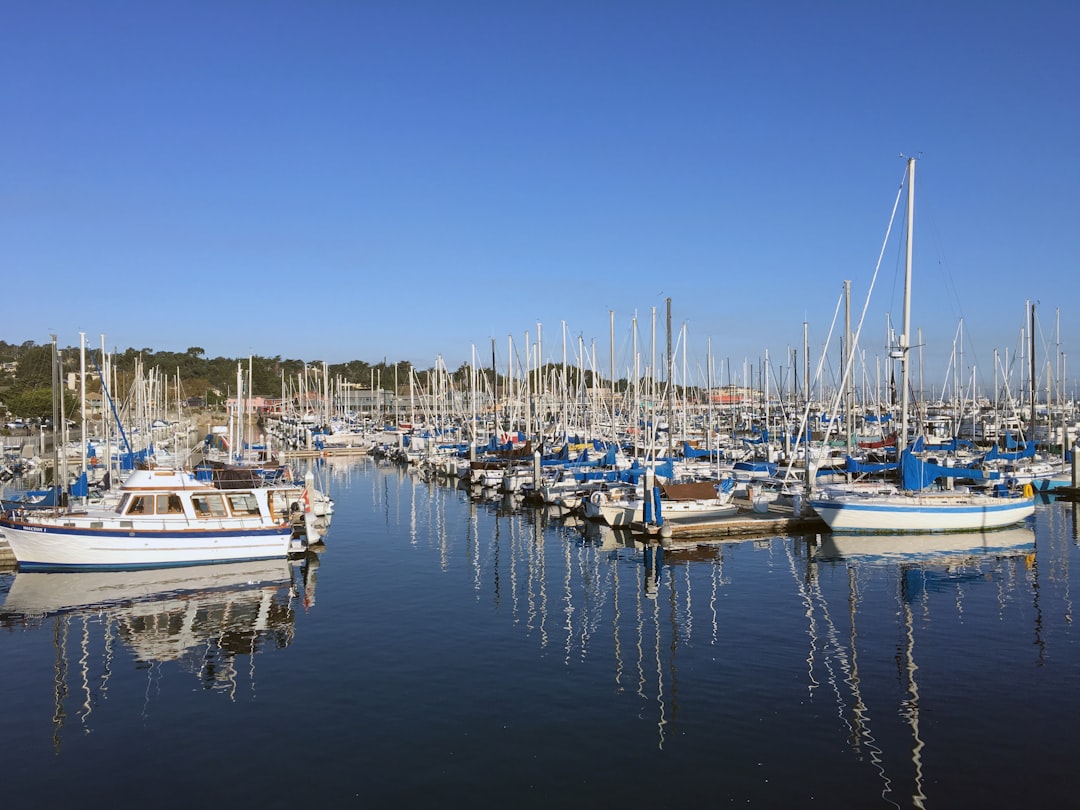Fishing Skipper Kaiurungi Hao Ika
Fishing skippers are responsible for running a fishing boat. Responsibilities range from navigating the vessel and organising the crew to catching and processing fish.
Fishing skippers who own their own boat must register their vessel.
Fishing skippers may do some or all of the following:
- hire, direct and mentor crew
- navigate fishing boats to and from fishing grounds
- manage the deck and fishing duties
- record fish catches and keep quality records
- ensure the ship is properly equipped and maintained
- ensure the health and safety of the crew
- undertake maintenance and emergency repairs.
Physical Requirements
Fishing skippers on inshore fishing boats need to be fit and healthy, as their role involves a lot of physical labour. Physical fitness is less important for deep-sea fishing skippers, as their role is usually confined to the wheelhouse.
Useful Experience
Useful experience for fishing skippers includes:
- work as a deckhand
- work as a first or second mate on a fishing boat
- navigational work
- other commercial fishing experience.
Personal Qualities
Fishing skippers need to be:
- responsible, practical, and able to work well under pressure
- safety-conscious
- able to think on their feet and remain calm in emergencies
- good at communicating and leading others
- good at making decisions.
Skills
Fishing skippers will learn or have:
- vessel-handling skills and an understanding of their vessel's capabilities and equipment
- good navigational skills
- knowledge of the habits and location of the fish species they're catching
- the ability to identify where fish are using radar and echo-sounders
- knowledge of tides, coastlines, marine hazards and the weather
- an understanding of health, safety and hygiene rules and regulations
- knowledge of the Fisheries Act, Maritime New Zealand requirements, and fishing quotas.
Conditions
Fishing skippers:
- usually work 12-hour days, including weekends, when they are at sea
- may work at sea for periods ranging from a day to many weeks
- work in all types of weather, and in conditions that may be cramped and hazardous.
Subject Recommendations
There are no specific secondary education requirements to become a fishing skipper. However, biology, geography and maths are useful.
Related Courses
Fishing Skippers can earn around $48K-$80K per year.
Pay for fishing skippers varies depending on the boat they operate and the fishing catch.
- Inshore fishing skippers usually earn between $48,000 and $80,000 a year
- Deep-sea fishing skippers can earn between $130,000 and $280,000.
Source: Maritime New Zealand, 2020.
Fishing skippers may progress to work on non-fishing vessels or move into onshore management roles, such as vessel manager, within a fishing company.
Fishing skippers usually specialise in either deep-sea or inshore fishing.
- Deep-sea Fishing Skipper
- Deep-sea fishing skippers may lead a large crew and play a managerial role on the fishing boat.
- Inshore Fishing Skipper
- Inshore fishing skippers may have just one crew member working for them. They have a more hands-on role in operating the boat and catching fish.
Years Of Training
<2 years of training required.To become a deep-sea fishing skipper you need to have a skipper fishing vessel unlimited (SFV-U) certificate.
To become an inshore fishing skipper you need to have a skipper restricted limit (SRL) certificate and a skipper fishing vessel limited (SFV) certificate.
Before training as a fishing skipper you must first pass a maritime eyesight and colour vision test.
You must also:
- have experience on a fishing vessel
- have approved qualifications in first aid, radar, firefighting and survival
- pass seafarer medical tests
- be able to prove you are a 'fit and proper person'.
Fishing skippers who run their own boat must hold a fishing permit and Annual Catch Entitlement (ACE) and/or quota shares.

 Epsom Girls Grammar School
Epsom Girls Grammar School